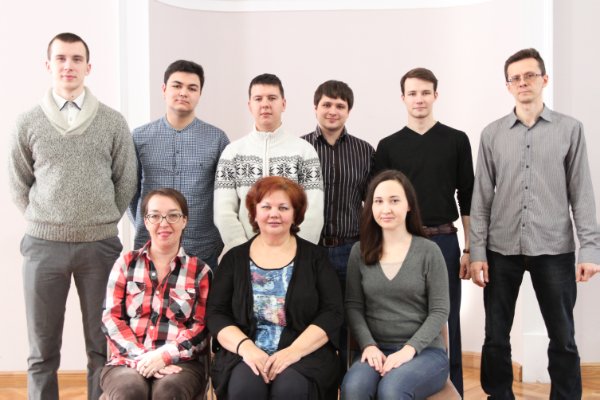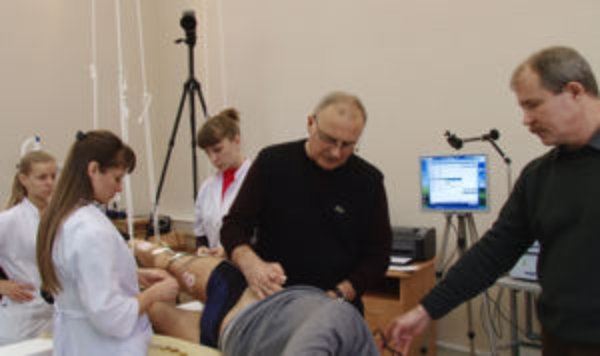
Traumatic injuries of the nervous system are one of the main reasons for chronic impairment and mortality. Spinal cord injuries affect mostly young adult males, causing chronic impairment and profound socio-economical effect.
Our research efforts are focused on investigating traumatic spinal cord and brain injuries and on targeting the basic mechanisms of motor control.
Activation of 'central pattern generator' networks in the spinal cord, as it was found earlier, can produce rhythmic coordinated movements even after functionally complete spinal cord injury and improve function of spared connections. Ability to reactivate damaged components of neuronal networks requires multidisciplinary  approaches and in our research we focus on identification of spinal cord structures responsible for pattern generation in order to find the most effective ways to activate spinal networks with electrical stimulation, pharmacology, and peripheral stimulation, to promote neuroplasticity and synaptic connectivity.
approaches and in our research we focus on identification of spinal cord structures responsible for pattern generation in order to find the most effective ways to activate spinal networks with electrical stimulation, pharmacology, and peripheral stimulation, to promote neuroplasticity and synaptic connectivity.
Our methods combine animal experiments, clinical studies, engineering, biomechanics and biochemical techniques. Members of our team combine critical expertise in biological science, bioengineering, and medical research.